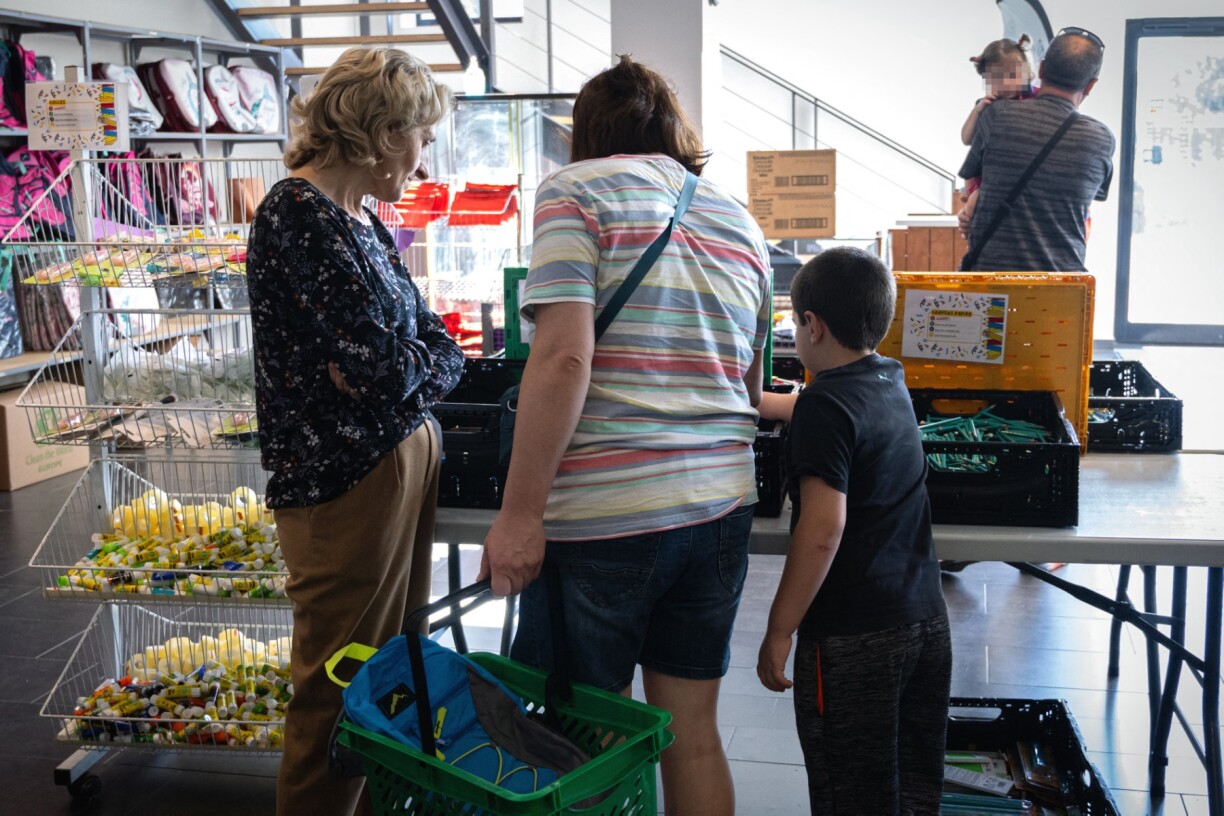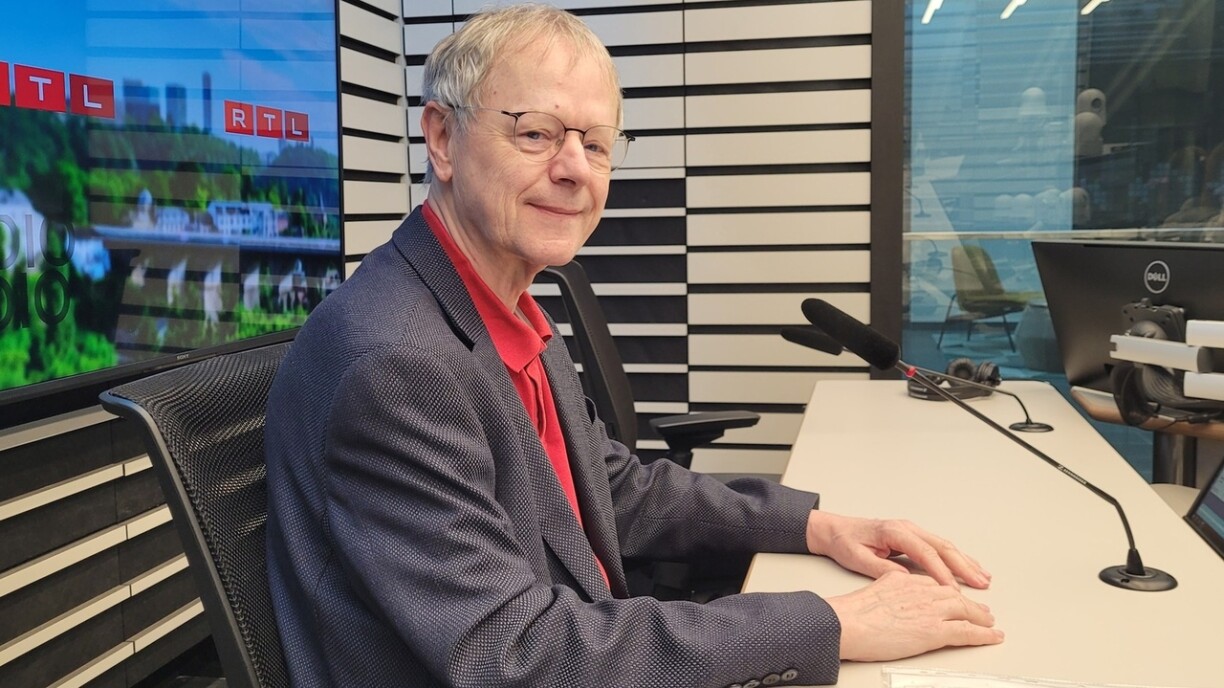
A report published by UNICEF Luxembourg states that one in four children risks growing up in poverty in the Grand Duchy. Despite this, the fight against child poverty was not covered by the coalition agreement, and does not appear to be a priority for the current government.
Poverty is not a happy subject, leading to little discussion of the topic, Professor Christoph Butterwegge said, and frequently people in poverty are held responsible for their difficult circumstances. Poverty is therefore not recognised as a structural issue, and is not a political priority, said the former professor of political science at the University of Cologne. Since leaving in 2016, Butterwegge has been conducting research on poverty, wealth and redistribution.
Research distinguishes two types of poverty. One is absolute, extreme, existential poverty, describing people who cannot afford food, decent clothing, clean water or shelter.
The other is called relative poverty, compared to prosperity, and is more common in Luxembourg. Children are particularly affected by this as they are likely to compare themselves to their peers. But Butterwegge warns this is not “luxury poverty”, and says people are more likely to suffer from relative poverty than absolute poverty.
The professor suggested an example of a schoolchild standing in the playground wearing summer clothes and inappropriate shoes for winter conditions, leading to them being ostracised or mocked by their classmates. The researcher believes a child in such a situation would suffer far more from the teasing than from the cold. Relative poverty can have severe effects on mental health, leading to feelings of depression and humiliation for those concerned, who may find their situation demeaning. Children are particularly likely to suffer from these feelings as they constantly live in a state of comparison.

There are numerous causes for rising poverty in Luxembourg. Children suffer from poverty because their parents are poor. In the majority of cases, people in poverty work in poorly paid sectors. The employment market has been deregulated, making it easier for employers to fire staff or hire them on temporary contracts.
In addition, the welfare state has been weakened under the influence of neoliberalism, meaning there is a stronger focus on work than on social security. Above all, the issue of inequality continues to grow, as the poor get poorer and the rich get richer, says Butterwegge. The reason for this is tax policy, which tends to favour the rich and the “hyper-rich” who own billions in assets. Meanwhile, the poor are heavily impacted by taxes, particularly families.
Discussing poverty also means discussing wealth, says the professor, which means tackling the issue of redistribution. This requires a revised tax policy which would redistribute wealth from top to bottom, and as a necessity it should begin with addressing the issue of housing, as rents are no longer affordable for many households.
One issue here is that poor people do not protest, Butterwegge says, as they do not have the time spare to take to the streets due to work or family commitments. “Poverty has effects on people,” he adds. It frequently causes health issues or physical problems, while struggles with addiction are common among low earners. The middle class, which is itself increasingly faced with poverty in an ever-more unequal society, should put more pressure on politicians to act. But these days the professor notes there is less emphasis on solidarity and more of a competitive mentality.
Poor people are less likely to vote, which puts democracy at risk, argues the professor. People struggling with poverty are likely to feel as though political parties and the parliamentary system do not represent their interests - and they are partially correct on this point, Butterwegge underlines. The middle class, meanwhile, fears the idea of social decline, which then plays into the hands of right-wing and far-right political parties.
Poor people will also vote less and this puts our democracy at risk. They have the feeling that our parliamentary system and the established parties do not really represent their interests, and they are partly right on this point, underlines the researcher. The middle class is filled with fear of social decline, which plays into the hands of right-wing and even far-right parties. The rich may also influence politics, representing another threat to democracy and discrediting the system.
This is why it is important to take part in votes and to elect parties which do not fall on the far-right side of the political spectrum, says Professor Butterwegge.